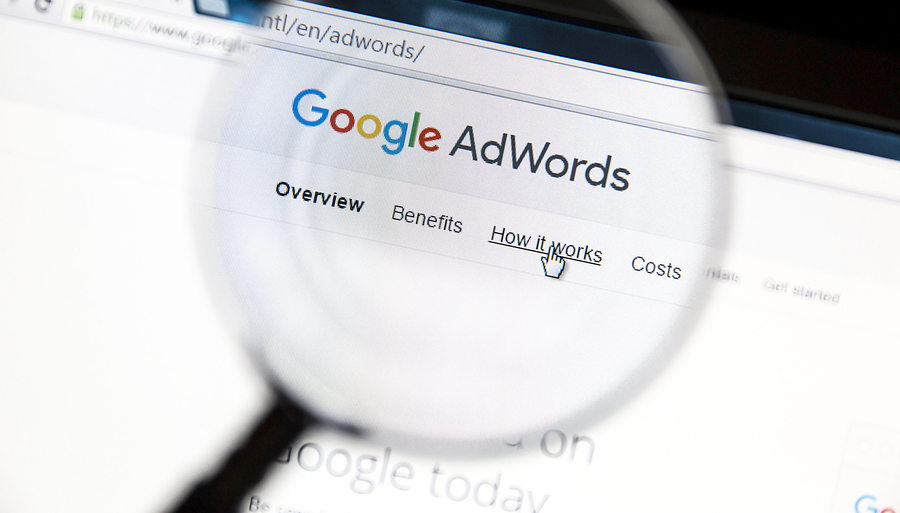
Google’s main focus is to make sure users find what they are looking for, and Google Adwords is a great marketing tool to drive more traffic to your site. However, if you’re not careful it can also be a costly venture that can put you out of business. To start in google adwords, consider your lifetime value of a customer (LTV). If your predicted LTV is $10 per customer and your spending $12 to acquire these customers, you’ll eventually put yourself out of business. So, how can you capitalize on Google Adwords and keep the cost down?
Follow this step by step guide to keep your Google Adwords marketing budget in check:
Set a Budget. This is the single most important step. What are you willing to spend across all channels of marketing? Go back to the LTV of your customers and how much you’re willing to spend to acquire them. If your budget is too small you won’t have enough of a budget to test your ads.
Switch from Automatic Bidding to Manual Bidding. Google’s built in bidding system is very competitive and is a great starting point if you’re not sure where to start. Once you get a little more experienced, you’ll want control over how much your spending.
Use a Keyword Planning Tool. Examine keywords that relate to your business and how many average searches are performed per month. Start with the low competition keywords and then gradually work your way up to the higher competition keywords. Another great asset is to use your competition’s website to suggest keywords. This may help you identify new keywords for your site.
Group your Ad Sets Together. If you have a series of keywords and ads that pertain to one product offering group them together. This will help you to avoid spending unnecessary money showing ads that are unrelated to a search phrase. Take Apple for example, they group their ads together based on product. If they showed you a Mac-Book while you were searching for an iPhone, how likely are you to click on the laptop ad? If you’re not grouping your keywords and ads together and leaving them in one giant bucket, you wasting your marketing budget.
Identify the Right Keyword Matches. Broad match keywords or phrase match keywords, are both beneficial in their own set. When you first start an ad campaign, you should set up two ad series to target both types of keyword matches and compare the results. Broad match means your keywords can be loosely matched whereas phrase match requires your exact keyword phrase to be a 100% match.
Use Negative Keywords. If you’ve built your ad campaign using a broad match phrase, you can use negative keywords to avoid certain terms that would not pertain to your product. For example, if we were to run an ad series on website design, we could use “theme” as a negative keyword as we do not offer pre-built themes.
Bid on your Own Brand. It’s your company, and it’s natural to assume that you are already ranking for your company brand searches. But, a good competitor may also be using google adwords to redirect traffic looking for your brand, to their site instead. When you bid on your own brand, you’re promoting your business and reaching more customers.
Direct Click Through Traffic To the Right Page. Have you ever seen an ad, clicked on the link, but couldn’t find the product advertised? That’s because the ad wasn’t set up properly. If you’re not controlling your traffic, you’re wasting your Google Adwords budget. The link should take them to exactly what your ad offered. If your website has a lot of services on one page, consider using a landing page just for that particular product.
Get Involved in your Ads. You should be checking on your ads weekly, or hire a company that will monitor these results for you. If you have keywords that have a lot of impressions, but they’re not converting sales than those bids should be lowered so you can avoid wasting money. Likewise, increase bid spends on keywords that are producing sales. This is another reason why you should manually control your bidding from the start. If you start off with automatic bidding on an ad, you won’t be able to change this later on.
Invest in Retargeting. If someone clicked on your ad, but then bounced from your site, these potential leads didn’t say they were not interested, they just said not right now. Don’t lose these valuable leads, bring them back with retargeted emails.



